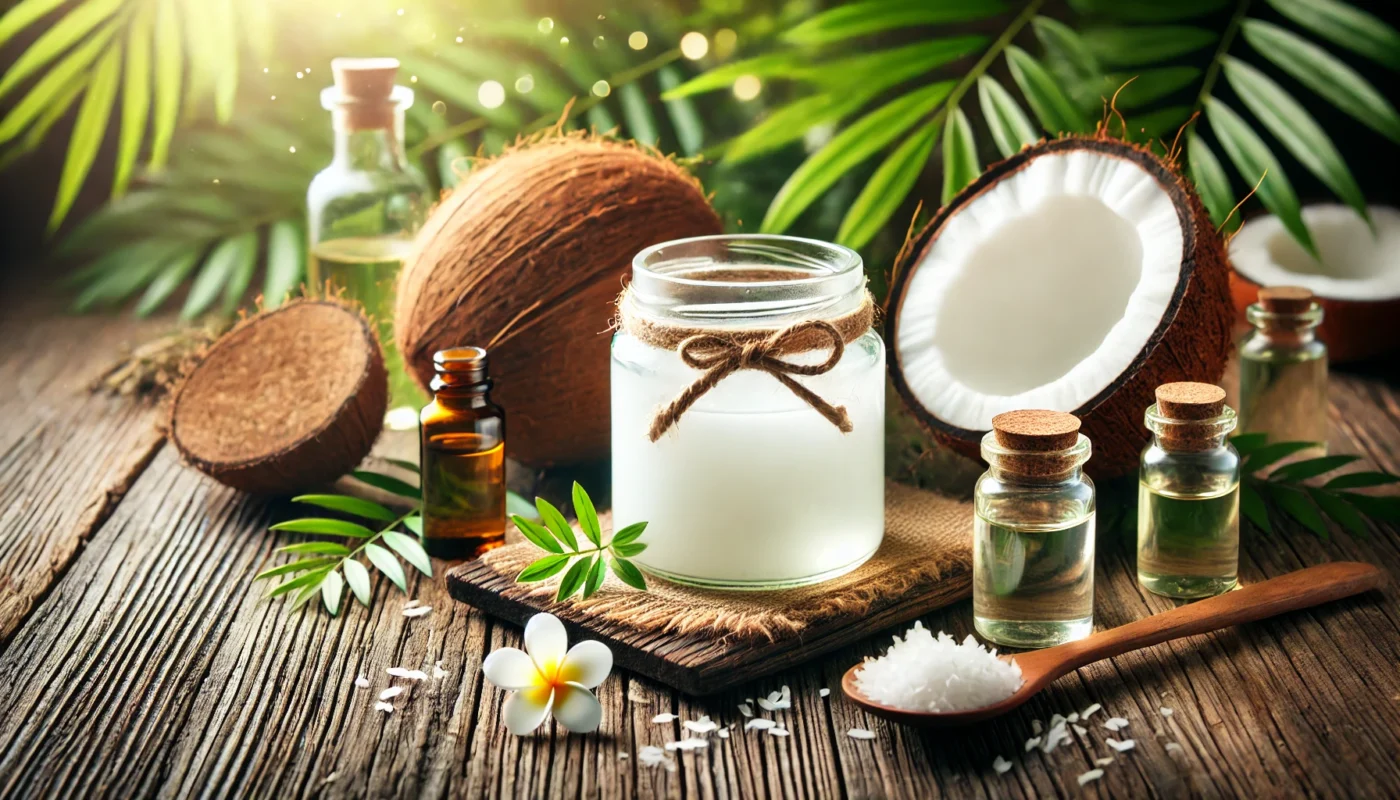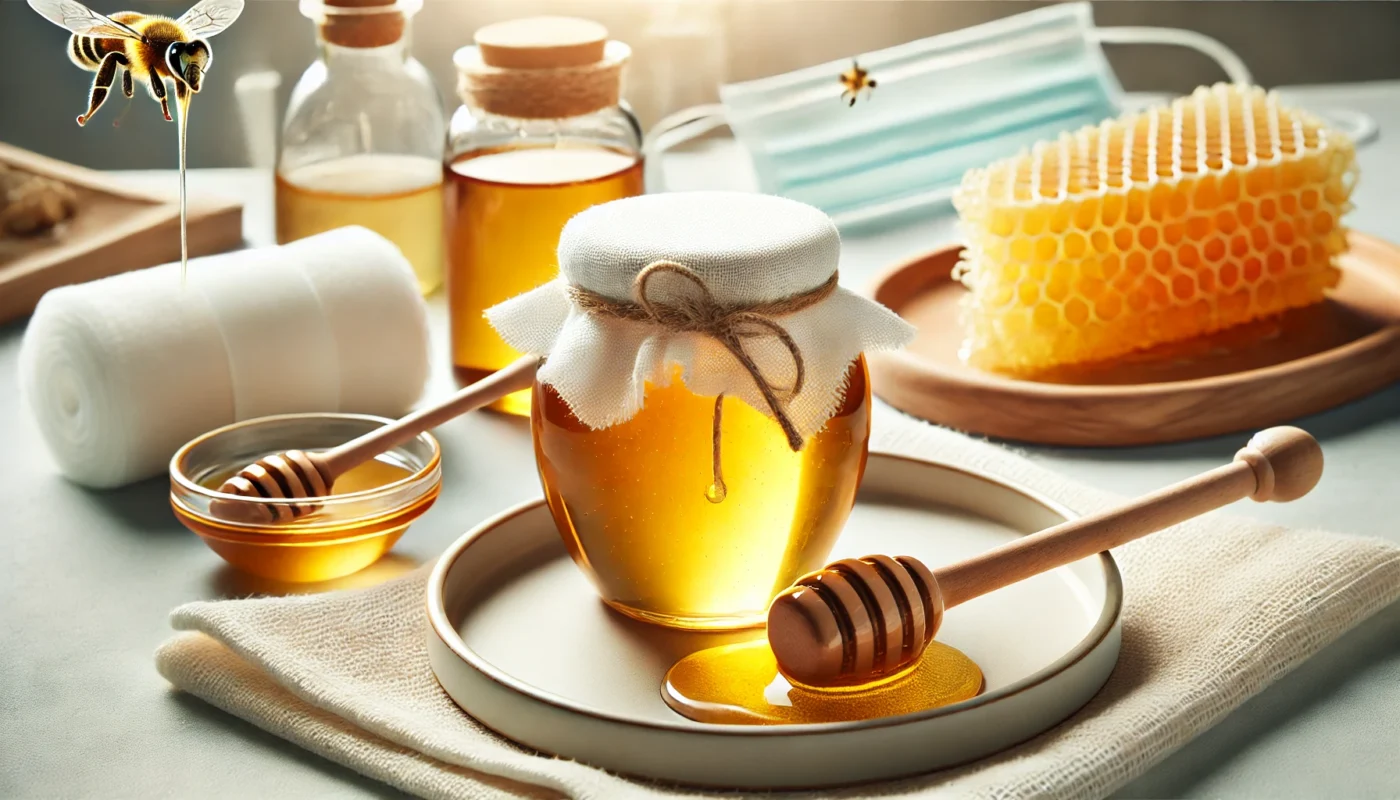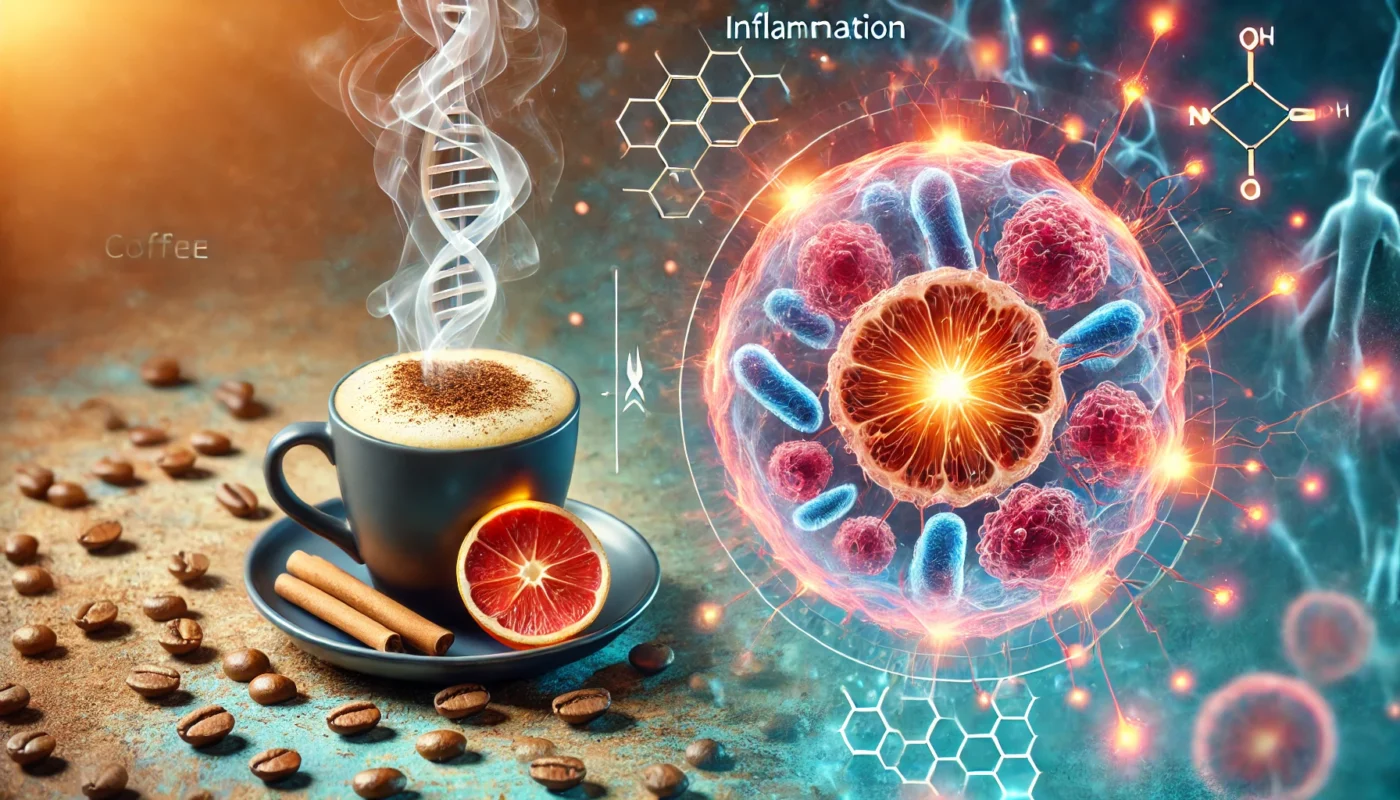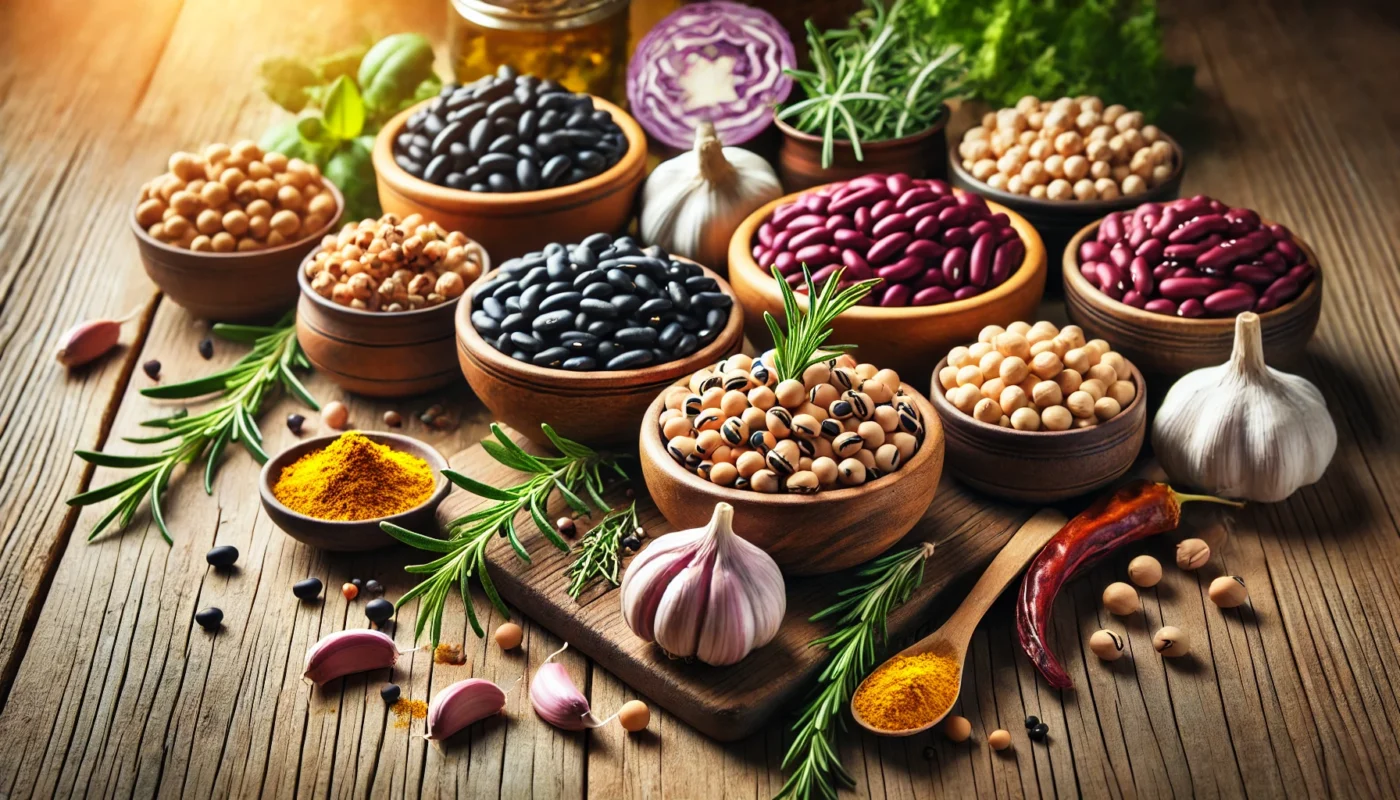In recent years, coconut oil has transcended its traditional culinary uses, emerging as a staple in holistic health practices. With its myriad of benefits, this versatile oil has piqued the interest of researchers and health enthusiasts alike. A significant area of interest is its potential antibacterial properties. But how credible are these claims? Can coconut oil really kill bacteria, and does it possess antibiotic qualities? Let’s delve into the scientific research and practical applications of coconut oil to explore its antibacterial benefits.
Tag Archives: anti-inflammatory
When it comes to soothing burns, aloe vera gel stands out as a natural and effective remedy, often lauded for its incredible healing properties. But what makes aloe vera so beneficial for burn relief, and how can you harness its power? In this comprehensive guide, we’ll delve into the myriad benefits of using aloe gel for burns, backed by scientific research and practical advice.
The golden substance we have come to know as honey is not just a sweetener for your morning tea or toast. Medical grade honey, particularly Manuka honey, has been revered for its healing properties for centuries. But what makes it so special, and how can it be used effectively in wound care? In this article, we’ll delve into the benefits of medical grade honey, explore its use in healing wounds, and provide practical advice for those looking to incorporate this natural remedy into their health regimen.
Originating from New Zealand, Manuka honey is produced by bees that pollinate the native Manuka bush. Unlike regular honey, Manuka honey contains a higher concentration of methylglyoxal (MGO), a compound believed to be responsible for its potent antibacterial properties. This honey also boasts a unique Manuka factor (UMF), a grading system that indicates the level of its antibacterial activity. Understanding these components helps consumers make informed decisions when selecting Manuka honey for therapeutic use.
The term “anti-inflammatory” refers to the property of a substance or treatment that reduces inflammation or swelling. In scientific terms, it involves the inhibition of the body’s inflammatory processes. Understanding the definition of anti-inflammatory can be pivotal in managing health conditions that are exacerbated by inflammation, such as arthritis, heart disease, and even some cancers.
For many of us, coffee is an indispensable part of our daily routine. It’s the morning pick-me-up, the afternoon energy booster, and sometimes, even an evening indulgence. Beyond its beloved role as a caffeine fix, coffee has been the subject of extensive research, particularly concerning its impact on inflammation. So, is coffee an anti-inflammatory food, or does it contribute to inflammation? Let’s delve into the science behind coffee and its effects on our body’s inflammatory processes.
Inflammation is a natural response by the body’s immune system to injury or infection. While acute inflammation is beneficial and a necessary part of the healing process, chronic inflammation can wreak havoc on your health. It is linked to several chronic diseases and conditions, making it imperative to address through dietary and lifestyle changes.
Inflammation is the body’s natural response to injury or infection, aimed at protecting and healing. It is characterized by redness, swelling, heat, and pain, serving as a protective mechanism to remove harmful stimuli and initiate the healing process. This response is essential for survival, as it helps to eliminate infections and repair damaged tissues.
Inflammation is a natural biological response to injury or infection. It’s a critical part of the body’s defense mechanism, involving immune cells, blood vessels, and molecular mediators. However, when inflammation becomes chronic, it can lead to various health issues, including heart disease, arthritis, and certain cancers. Therefore, managing inflammation through diet has become an essential consideration in holistic health practices.
In the quest for optimal health and wellness, individuals are increasingly exploring holistic and alternative approaches to manage inflammation—a common underlying factor in numerous chronic health conditions. This exploration often leads to a closer look at dietary choices. One food that repeatedly comes into question in this context is the humble banana. Are bananas truly anti-inflammatory, or do they contribute to inflammation? Let’s delve into the science and explore the potential benefits of incorporating bananas into your diet.










